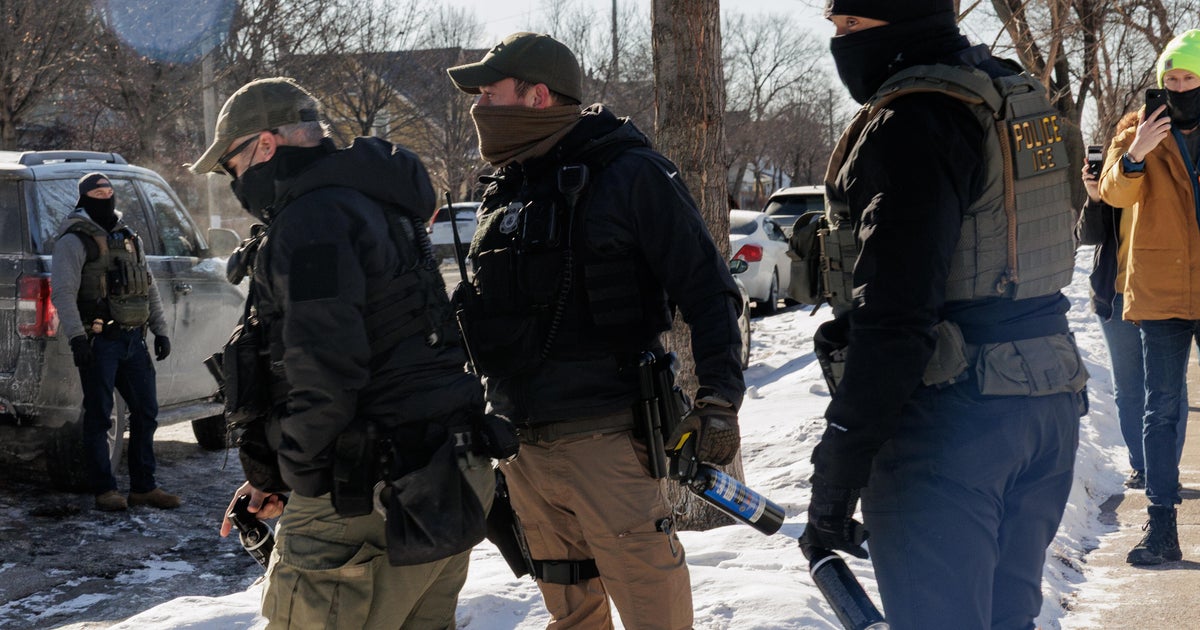

If there is a small red heart with the words “organ donor” at the bottom of your driver’s license, that puts you in a group of over 173 million Americans who are in the national organ donor registry.
Organ donation has wide public support, but medical ethicists say there is still confusion about what it looks like and how it affects patients and families.
How do you become an organ donor?
Any adult can register. In most states, teenagers as young as 15 may also express their intent to donate, though parents can revoke that decision.
Today, around 90 percent of donors join their state registry at their local D.M.V. Others sign up while registering to vote, or through an online form linked to their local organ procurement organizations, known as O.P.O.s, which are nonprofit federal contractors in each state that coordinate transplants.
Donate Life America, an advocacy organization, maintains a nationwide list of online registries.
Donors can sign up or change their status at the D.M.V. or online, though residents of some states have had trouble removing themselves from the registry.
Is the decision legally binding?
It depends on how you die.
If you are declared legally dead after testing shows no signs of neurological activity — known colloquially as being “brain-dead” — then the organ donor status on your license is legally binding, even if your family disagrees. In these cases, patients are kept on a ventilator until their organs are retrieved.
If a critically ill patient is in a coma and not expected to recover, then it is usually up to the family to decide whether to withdraw life support and declare the patient a donor, regardless of his or her stated wishes. Organ donation coordinators are not allowed to approach relatives until after the family has decided to withdraw life support.
After a patient becomes an authorized donor, the O.P.O. has control over which organs to use and where they will go. Most of the body can be donated, from all of the major organs to intestines, skin, corneas and even wombs. Hands and face transplants are rare but increasing.
Organs that are not donated to living patients may go to research, be left in the body or get thrown away.
If you would like to restrict how your organs are used — if you don’t want them used for medical research, for example — you must specify that in your will or in the state registry.
To prevent unfair advantages, the law strictly prohibits organ procurement organizations from selling organs. But the groups can sell tissues for research.
When do families get involved?
If a potential organ donor dies or is about to, the hospital often is required to contact an O.P.O. The organization will then check whether the person is on the donor list. Even if on the list, the patient is unlikely to become a donor because the logistics are so complicated.
If a patient is not on the list, the O.P.O. will discuss options with the person’s family. Relatives authorize about 44 percent of all donations, according to data from Donate Life America.
After the organs are taken, the family will get the body back for funeral services.
“The body is restored after the surgical recovery,” said Kim McCullough, a spokeswoman for Gift of Hope Organ & Tissue Donor Network, an O.P.O. serving Illinois and Indiana. Often, she said, “open-casket viewing can take place.”
Why would some people object?
Organ transplants save lives. More than 100,000 people are on the wait list, and many of them will not receive the organs that they need.
“There are 12 or 13 people dying every day for lack of an organ,” said Brian Childs, a bioethics professor at Mercer University in Georgia.
Still, the process can present dilemmas, especially when a patient’s wishes do not match the family’s.
For some families, donation prolongs the mourning process. They can wait anywhere from 24 hours to a week for the organ retrieval operation to begin while the patient remains on a ventilator.
Some families have also reported feeling pressure from the organ procurement organizations to donate despite their reservations — or even being dismissed when they saw signs of improvement in their loved ones, The New York Times has reported.
Still, many of these organizations use trained counselors who treat grieving relatives with sensitivity. And O.P.O.s encourage people to discuss their plans with their family to avoid a painful shock down the line.
“The time to have that conversation is not when a family is facing the worst time of their life,” said Dr. Harry Wilkins, Gift of Hope’s chief executive. “It gives families so much comfort when they can say, ‘We’ve talked about this — we know that this is what they want.’”








-3.png)



